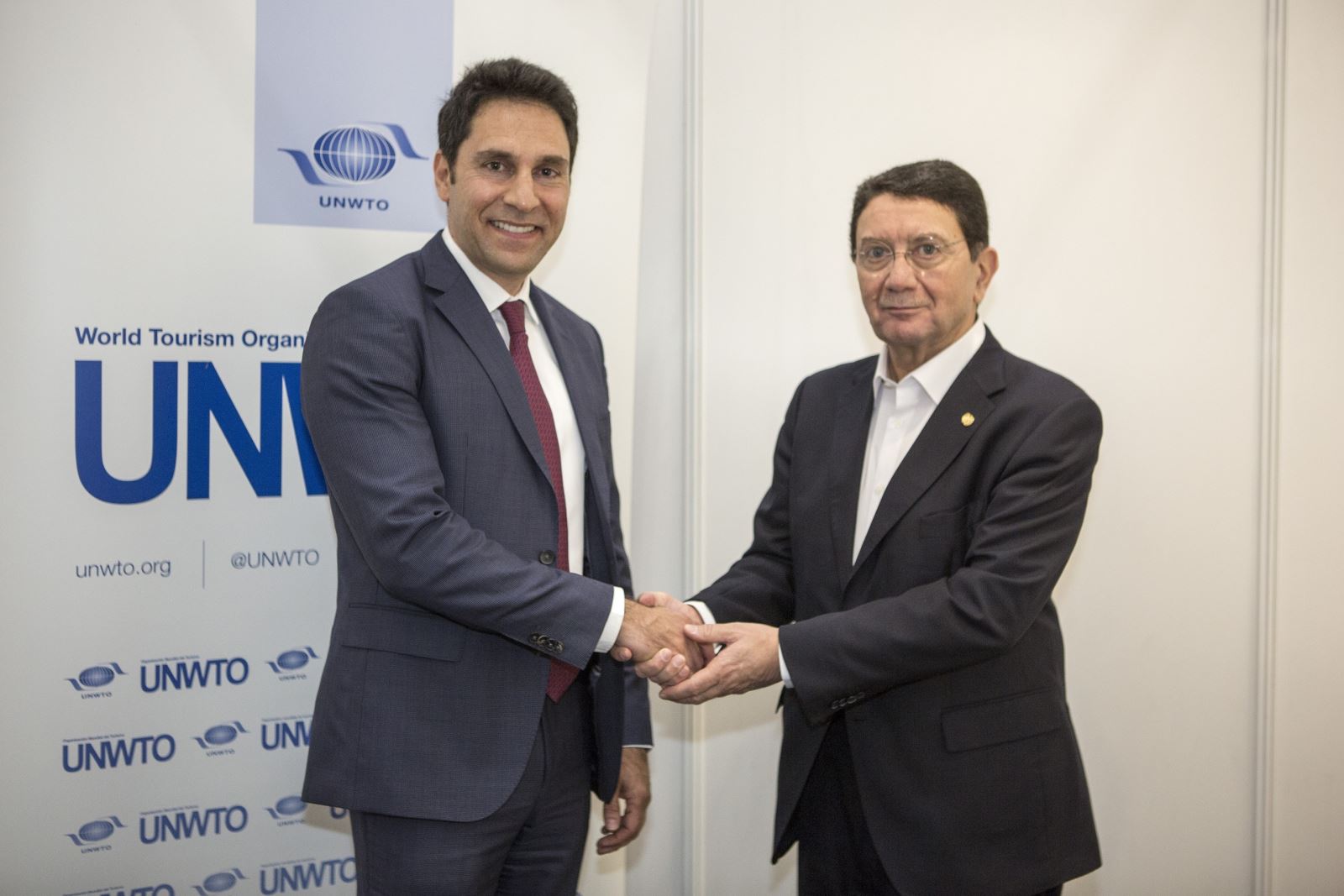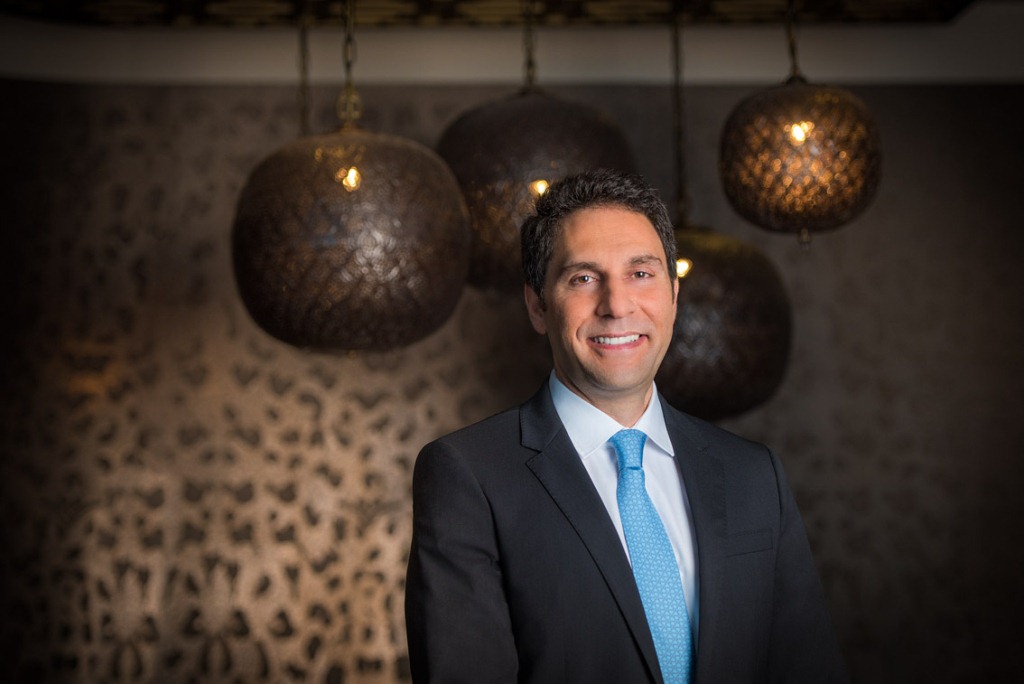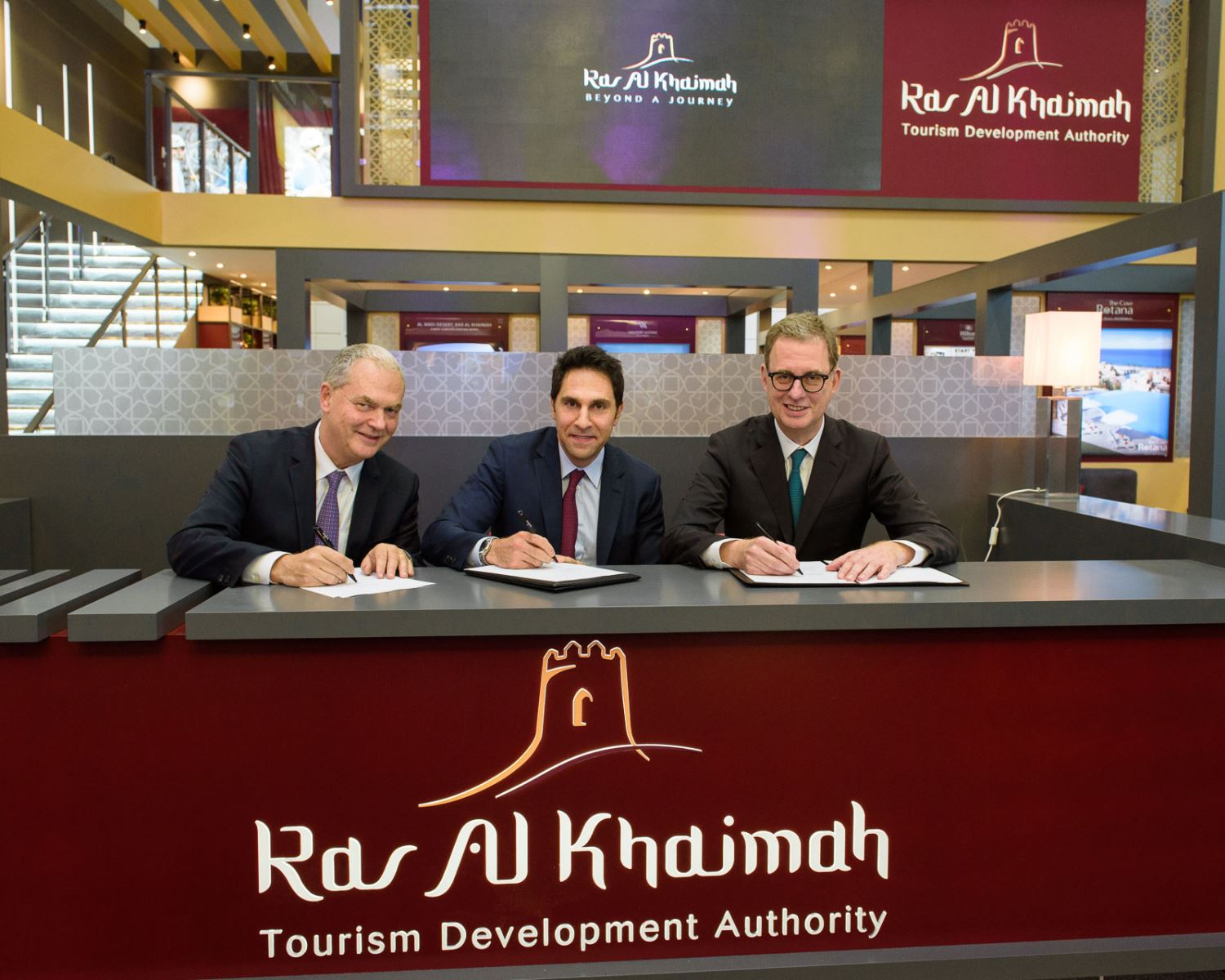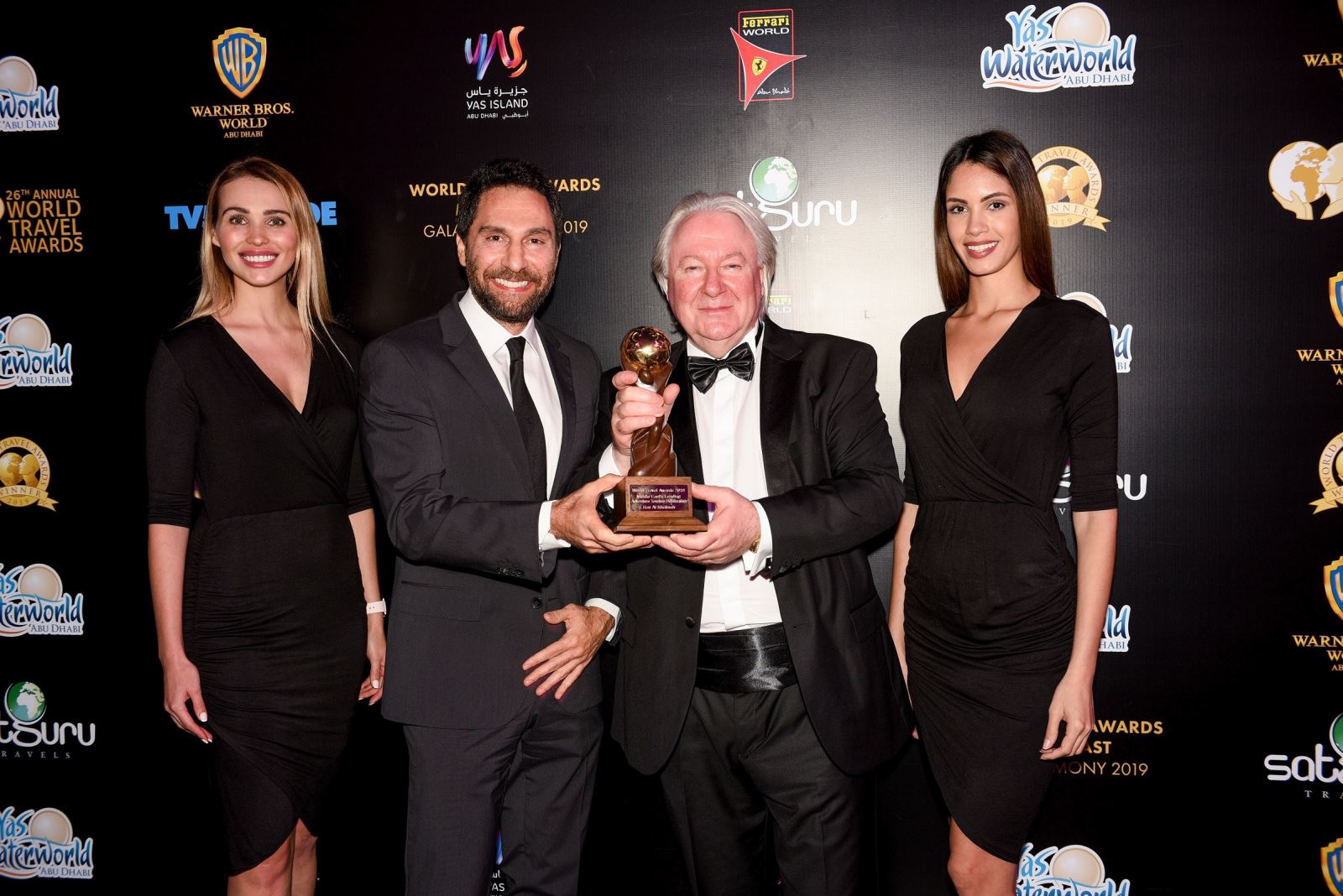
Ras Al Khaimah Commits To United Nations’ Year of Sustainable Tourism for Development
RAKTDA CEO joins global peers at UNWTO Assembly to discuss how travel and tourism can promote “prosperity and wellbeing for all”

Ras Al Khaimah Tourism Development Authority (RAKTDA), which develops the emirate’s tourism infrastructure and initiates its domestic and overseas promotions, has committed the emirate to support the United Nations’ 2017 campaign that aims to promote a more sustainable global tourism landscape.
Marking the launch of the International Year of Sustainable Tourism for Development, RAKTDA CEO, Haitham Mattar, joined the United Nations World Tourism Organisation and tourism peers during the Spanish Tourism Fair, FITUR, in Madrid.
The campaign theme, which coincides with the ‘Road Map for Celebrating Together’, “presents a unique opportunity to explore and highlight tourism’s potential to help transform our world into a place of prosperity and wellbeing for all,” according to UNWTO.
UNWTO Secretary General Taleb Rifai said: “We are happy to have Ras Al Khaimah’s support and sponsorship as we begin our International Year of Sustainable Tourism for Development. Tourism growth, if managed responsibly, ethically, and in collaboration with each other, can contribute not only to economic development but also to the establishment of more stable societies, as well as the promotion and protection of the world’s natural and cultural resources.”
Following signatory of its support, Mattar said the Authority will now look to drive awareness of tourism’s economic and socio-economic role throughout all its 2017 initiatives.
“It is increasingly important that the vital contribution the industry makes to worldwide development, both social and economic, is understood so the sector is given the recognition and support it deserves and continues to require,” said Mattar.
“Tourism creates jobs and wealth and a greater sense of wellbeing. In Ras Al Khaimah for instance, our abundance of natural assets – including our impressive mountain terrain – clearly sets us apart. With vision, we are transforming these natural gifts into adventure tourism assets to benefit all.”
Ras Al Khaimah, the northern-most emirate of the United Arab Emirates, and home to the country’s highest peak, Jebel Jais, has recently opened the Arabian Gulf’s first commercial via ferrata (iron path) in the rugged Al Hajar mountain range, which backdrops the destination. Proving a popular draw with extreme sports and adventure enthusiasts, Jebel Jais Via Ferrata, which features hiking and zip-line challenges across three routes, spearheads a drive to transform Jebel Jais into an adventure and activity tourism hub. Observation decks are planned for the peak, while plans are progressing to launch the world’s longest zip-line and adventure park by the end of this year.
“Our Vision 2019 includes a roadmap for innovative hospitality concepts which take advantage of our destination’s unique natural assets – including amazing coastline, stunning mountain ranges, hot springs and expansive desert. We have identified these areas as excellent opportunities for investment in luxury mountain resorts and wellness retreats,” explained Mattar.
RAKTDA says its backing of the UN’s 2017 campaign is also in line with its belief that tourism acts as a cultural bridge.
“It fosters greater cultural understanding,” said Mattar. “In Ras Al Khaimah we believe in tourism’s multi-faceted benefits and its pervading sense of sustainability. That’s why we are supporting the UN’s 2017 Year of Sustainable Tourism for Development – because together, we can bring the world a little closer.”
During last year’s World Tourism Day, marked annually on September 27th, RAKTDA strengthened its commitment to deliver Tourism For All by signing the Accessible Tourism Code of Good Conduct. During the next three years, RAKTDA has committed to establishing accessible tourism products and practices in the emirate as per the code developed by the European Network of Accessible Tourism (ENAT).


